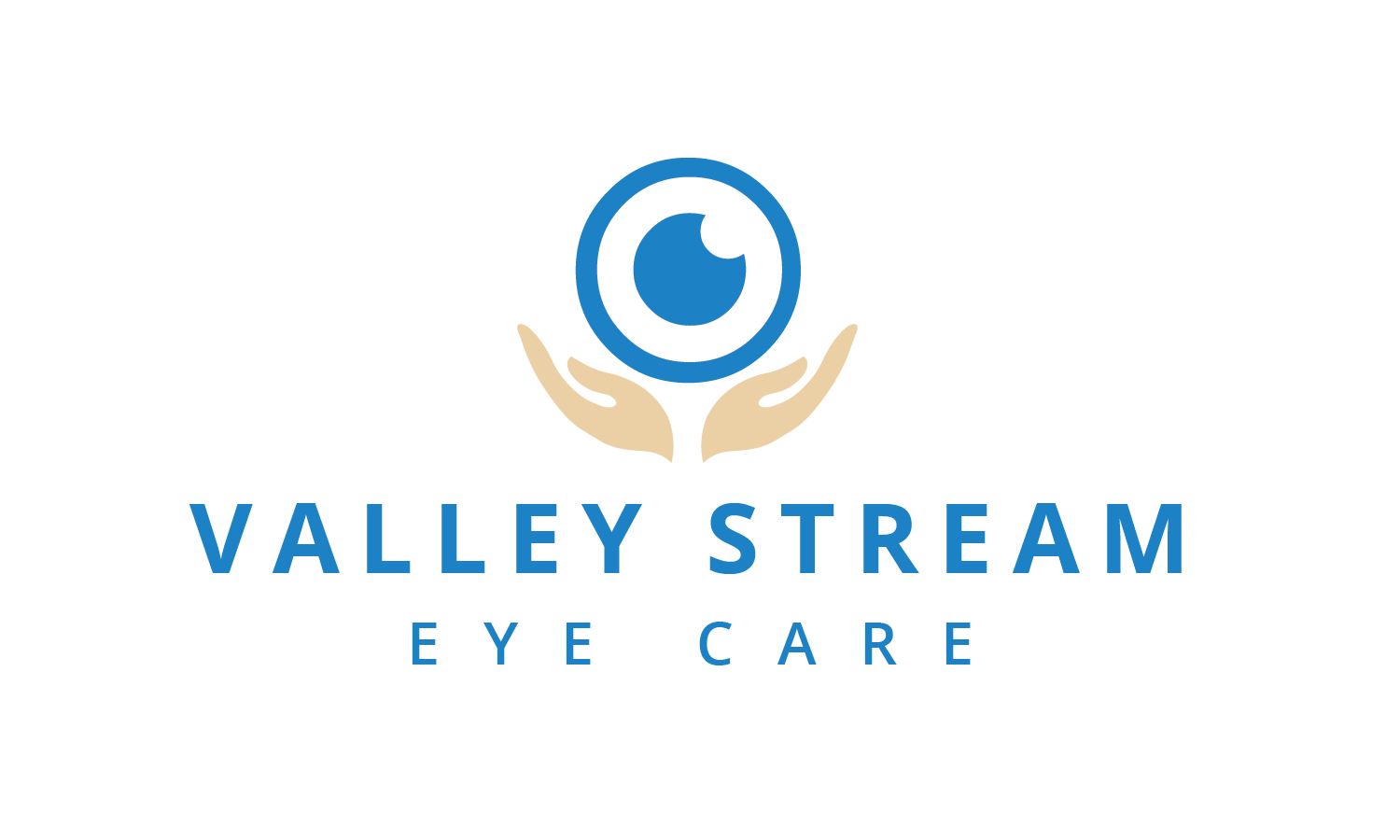Routine Eye Exam with Glasses Prescription
As part of your comprehensive eye exam, Dr. Cheung will ask questions about any current ocular or visual concerns to provide the necessary care. He will then ask about your family and your medical and ocular history to understand your background. A list of used medications and any known allergies are also important to note should there be a time where medication is needed.
You will have your visual acuity, extraocular muscles, gross peripheral vision, eye pressure and pupillary light reflexes measured. Although done quickly, these measurements are able to provide information on diseases, such as cataracts, thyroid eye disease, ocular tumors, amblyopia (lazy eye), glaucoma, strokes, cranial tumors, and more.
An examination of your internal and external ocular structures will be performed with a slit lamp or biomicroscope. Dr. Cheung will evaluate your lids and lashes, conjunctiva, scleral, blood vessels, cornea, iris, lens, retina and optic nerve. This enables Dr. Cheung to assess signs of normal aging and eye pathologies, such as pterygium, conjunctivitis, blepharitis, cataracts, macular degeneration, diabetic eye changes, glaucoma and much more.
Dilation
The dilation of the eyes will complete your comprehensive eye exam. In this test, your doctor will instill dilating drops in each eye, which would enlarge your pupils to give the doctor a better view of certain parts of the back of the eye. Dilation is encouraged yearly as a check-up others are scheduled at specified intervals; the frequency of dilation will vary for each patient.
Contact Lens Exam
(Spherical, Toric, Multifocal, Monovision)
This additional service allows Dr. Cheung to have a thorough discussion with you about your current contact lenses and potential alternatives, which may improve comfort and convenience of your contacts.
Are you having trouble reading within arm's reach? Dr. Cheung will inform you of different contact lenses which will aid in improving your near vision. He will assess if a toric or multifocal contact lens would better suit your lifestyle. A trial pair will be given prior to finalizing your prescription. Follow up examinations may be necessary to be sure you are 100% satisfied with your contact lenses.
Medical Eye Exam
Some patients require a more specialized examination which may address urgent conditions, such as an eye infection, foreign particle on or inside the eye, sudden vision loss or changes, a traumatic ocular injury, swollen eyelid(s), sudden onset of flashes and/or floaters, sudden inflammation, and other ocular conditions. Dr. Cheung will be able to prescribe the necessary topical medications to alleviate your symptoms and treat the condition; future follow up appointments may be necessary to assess the full resolution. In cases of thyroid conditions, diabetes, hypertension, high cholesterol, auto-immune diseases, a summary of the examination will be sent to your primary care physician and/or your specialist.
Scleral Lens Fitting
Scleral lenses have been a proven treatment to irregular corneas, such as keratoconus, corneal ectasia after surgery, significant central corneal scarring, pellucid marginal degeneration. These conditions distort vision despite help with ordinary glasses and contact lenses.
It has also been one of the most beneficial treatment options for patients who suffer from dry eye syndrome. The lens creates a pool of your own natural tears to bathe your front surface to keep your symptoms at a minimum.
Myopia or nearsightedness is the most common cause of impaired vision in patients under the age of 40. It usually starts at a young age, ranging from 3-13 years old. A significant increase in myopia puts your child at risk for a wide range of serious and potentially devastating eye conditions later in life. Thus, it is important to help manage or control myopia at an early age.
